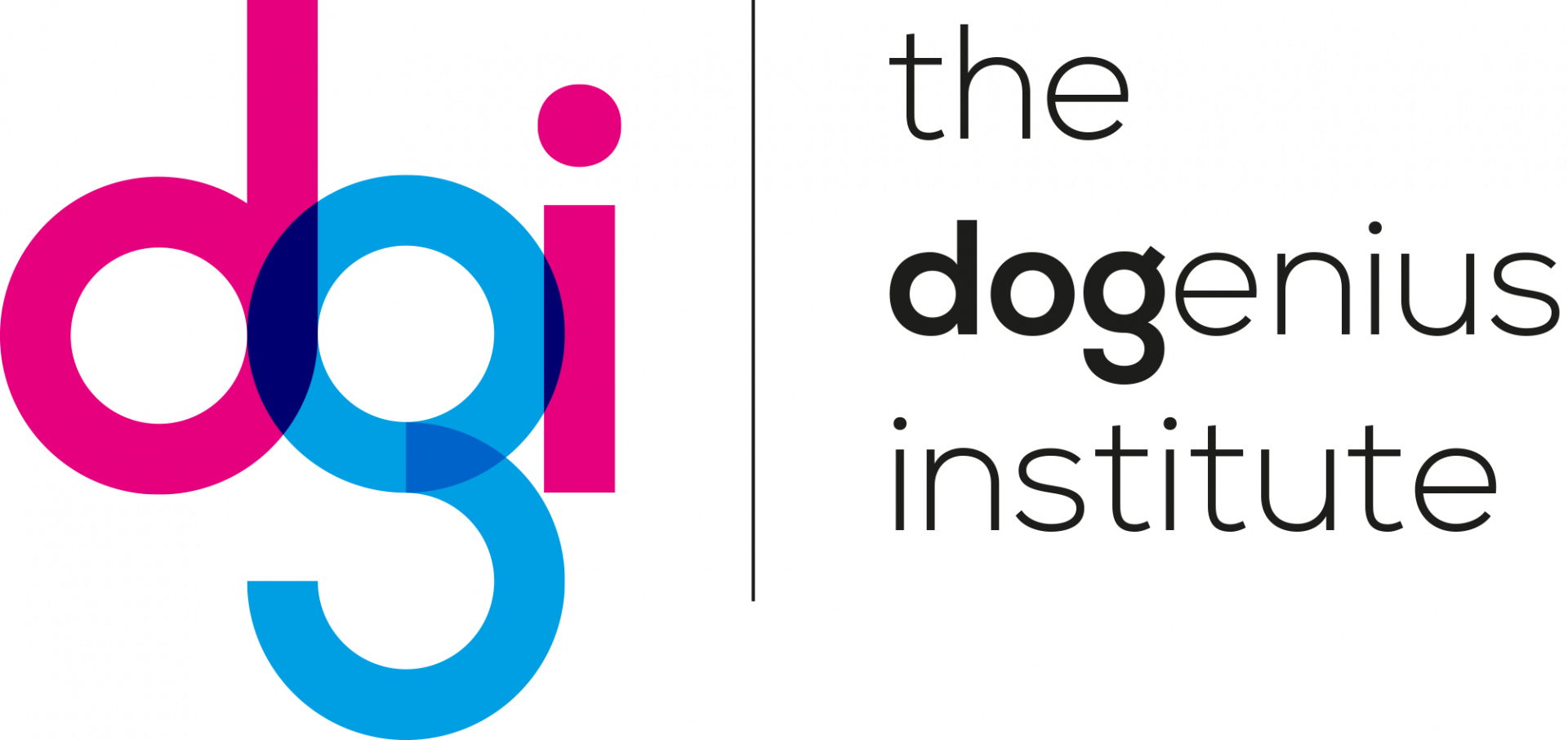‘I’m sitting
in the railway station, got a ticket for my destination’ - Simon and Garfunkel.
Does the destination get in the way of the journey? When the destination or end goal holds precedence, the achievements throughout the journey are often put to one side. Those small moments that bring a smile and a feeling of hope, joy, or satisfaction, can be dismissed as unimportant but they are actually the most important. The moments that tell us we are alive and connected to others, be they human, nonhuman, or even the world around us, the connections that build the relationship with another are vital to living.
Each person with whom we interact shapes who we are. The impact of the interaction will be determined by what it means to us individually, but we will take away with us a sprinkling of how they caused us to feel and think.
When we reflect back, we don’t simply remember what happened, but essentially, we remember how we felt. Did we feel safe, respected, connected, and happy to be in their company? How would we feel if we met again? Of course, this isn’t a one-way interaction. We also impact the other. How do we cause them to feel? How do we influence their life while we step together on our journeys? Through life we become who we are, but we don’t do this alone. We hold a little of the other with us, just as we leave a little of who we are with them.
Let’s reflect how this may impact nonhuman animals. The majority of the time, animals don’t get to choose who they live with. This means that they can’t escape from who we are, they are stuck with us unless we make decisions to the contrary. Animals are frequently viewed through a lens of commodification (their monetary or usage worth), or objectified as things. How many times do we use the word ‘it’ when referring to a nonhuman animal, just as we would an object who has no inherent feelings? We have a responsibility to be the best we can in our interactions; the day to day ‘living with’ impacts who we both are. I have to admit to underlying feelings of guilt and doubt when a rescue dog comes to live with me. I ponder whether taking them away from familiar surroundings really is in their best interest, especially the dogs who are very scared and anxious. It’s easy to think that we can always offer a better life, and in fact, that the dog should be grateful to have the opportunity to live with us.
This anthropocentric (human centred) way of thinking is culturally entrenched. But if we reflect back on how each being impacts the other, the polarisation between ‘the other and ourself’ becomes blurred. When we walk beside another we learn to connect through shared empathy.
Does the destination get in the way of the journey? When the destination or end goal holds precedence, the achievements throughout the journey are often put to one side. Those small moments that bring a smile and a feeling of hope, joy, or satisfaction, can be dismissed as unimportant but they are actually the most important. The moments that tell us we are alive and connected to others, be they human, nonhuman, or even the world around us, the connections that build the relationship with another are vital to living.
Each person with whom we interact shapes who we are. The impact of the interaction will be determined by what it means to us individually, but we will take away with us a sprinkling of how they caused us to feel and think.
When we reflect back, we don’t simply remember what happened, but essentially, we remember how we felt. Did we feel safe, respected, connected, and happy to be in their company? How would we feel if we met again? Of course, this isn’t a one-way interaction. We also impact the other. How do we cause them to feel? How do we influence their life while we step together on our journeys? Through life we become who we are, but we don’t do this alone. We hold a little of the other with us, just as we leave a little of who we are with them.
Let’s reflect how this may impact nonhuman animals. The majority of the time, animals don’t get to choose who they live with. This means that they can’t escape from who we are, they are stuck with us unless we make decisions to the contrary. Animals are frequently viewed through a lens of commodification (their monetary or usage worth), or objectified as things. How many times do we use the word ‘it’ when referring to a nonhuman animal, just as we would an object who has no inherent feelings? We have a responsibility to be the best we can in our interactions; the day to day ‘living with’ impacts who we both are. I have to admit to underlying feelings of guilt and doubt when a rescue dog comes to live with me. I ponder whether taking them away from familiar surroundings really is in their best interest, especially the dogs who are very scared and anxious. It’s easy to think that we can always offer a better life, and in fact, that the dog should be grateful to have the opportunity to live with us.
This anthropocentric (human centred) way of thinking is culturally entrenched. But if we reflect back on how each being impacts the other, the polarisation between ‘the other and ourself’ becomes blurred. When we walk beside another we learn to connect through shared empathy.
